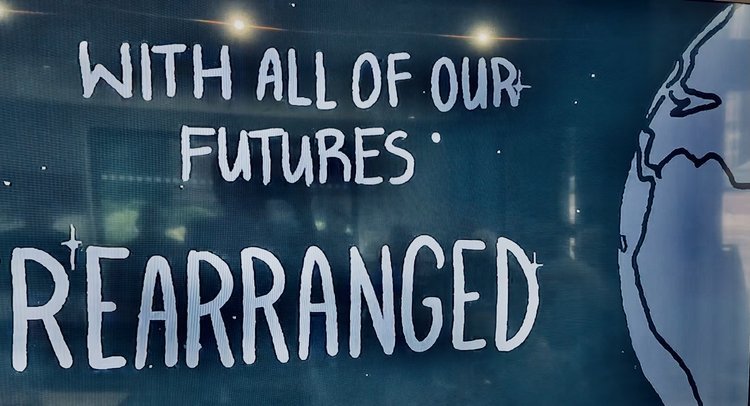As some of you may be aware, I have volunteered at the Dogs Trust, Merseyside branch now for sixteen years and I would like to thank everyone who has given donations either in bed linen, duvets, towels etc. or in monetary gifts during the last year or two. Every item has been much appreciated.
Like all charities that have suffered during Covid, the Dogs Trust has still managed to re home 480 dogs during the past year. The variety and size of breeds that are seen knows no bounds!
One of the success stories was a young Alsatian female dog who was handed in because she was too hyperactive for the family. A potential was seen at the centre and after being assessed by the Merseyside Police she was accepted to become a member of their team for training.
The following is a brief history and outline of certain aspects of the Dogs Trust:-
The charity was founded in 1891 by Lady Gertrude Stock and was initially named The National Canine Defence League abbreviated to NCDL. The charity campaigned against vivisection, unnecessary muzzling and prolonged chaining, as well as providing care for stray dogs.
There are currently 22 rehoming centres across the UK and Northern Ireland. The charity guidelines ensure that no mentally or physically healthy dogs taken into their protection are euthanised, The charity also manages a microchipping and neutering schemes to reduce the number of unwanted puppies and stray dogs.
In the 1910’s the league campaigned against using dogs in musical hall performances throughout the decade and beyond.
The leagues guidelines resulted in the Cinematograph Films (Animals) Act in 1937 preventing cruelty to dogs in the making of films.
The combing of ‘dogs fur’ from members dogs was collected and knitted into clothing for the troops, during the first world war. This was a successful operation which continued for many years.
In 1964 the league adopted the policy to never destroy a healthy dog in its care.
It was in 1978 that the slogan “A Dog is for Life, not just for Christmas” was created and is still used today.
In 1995 The Hope Project was launched, providing free veterinary treatment for the dogs of owners facing homelessness.
A centre in Shrewsbury was opened in 1998 called ‘Oakfield’ which is specifically for the older pooches who live in a ‘home’ environment, rather than kennels.
In 2004 the Freedom Project was launched. This is a free dog fostering service made available to help people and their dogs to escape domestic abuse.
As the Covid pandemic hit the UK, the rehoming process continued online and included the Dog School Training classes.
As puppy sales rose and rehoming enquiries increased, the Dogs Trust temporarily change their slogan to “A Dog is for Life, not just for Lockdown”.
The Dogs Trust is also involved in trying to stop puppy smuggling, and has had first hand experience of receiving puppies who have been taken away from their mothers too early which can result in them developing behavioural problems.
Thankfully, most dog owners today think of their pet as a member of the family, this was not always the case. The Dogs Trust endeavours to find every dog in their care a happy and forever home.
~ Alison Bagnall











